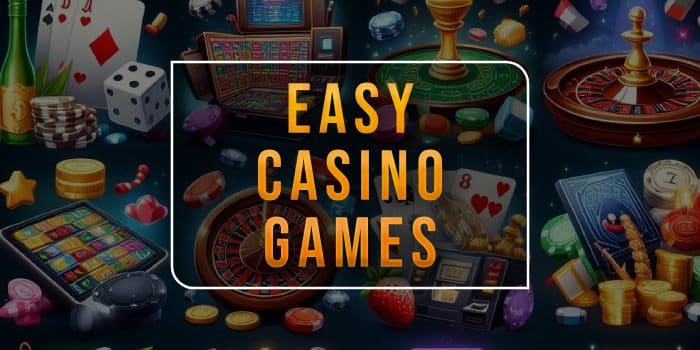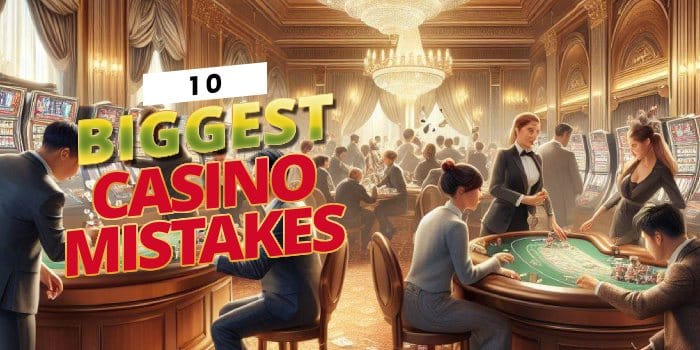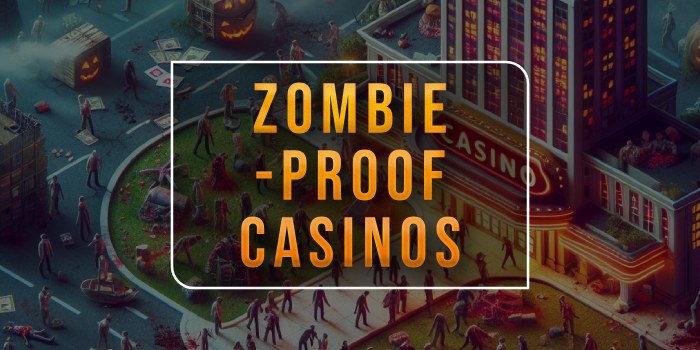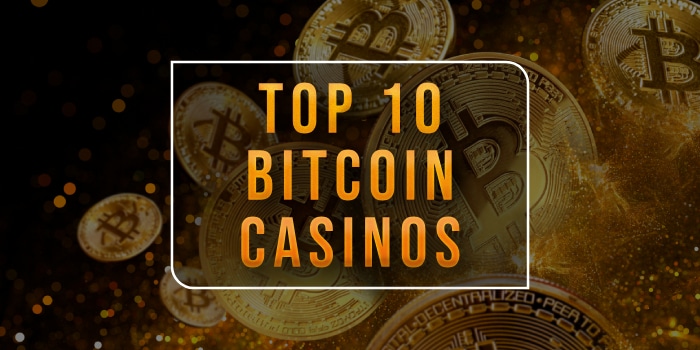- Casino
- Bitcoin Casinos
- Blacklist
- Real Money Casinos
- Reviews
- Strategy Guides
- Sweepstakes Casinos
- US Online Casinos
- Alabama
- Alaska
- Arizona
- Arkansas
- California
- Colorado
- Connecticut
- Delaware
- Georgia
- Florida
- Hawaii
- Idaho
- Illinois
- Indiana
- Iowa
- Kansas
- Kentucky
- Louisiana
- Maine
- Massachusetts
- Maryland
- Michigan
- Minnesota
- Mississippi
- Missouri
- Montana
- Nebraska
- Nevada
- New Hampshire
- New Jersey
- New Mexico
- New York
- North Carolina
- North Dakota
- Ohio
- Oklahoma
- Slots
- Free Slots
- 88 Fortune Frenzy
- A Christmas Carol
- Bandits and Bounties
- El Mariachi
- Fire & Steel
- Gifts from Santa
- It Came from Venus
- Legend of Azteca
- Legend of Horus
- Love Beach
- Mafia Family
- Ogre Empire
- Once Upon a Time
- Project Space
- Riches in the Rough
- Sheriff vs Bandits
- Take the Kingdom
- The Curious Machine
- The Defenders
- The Wild Show
- Viking Voyage
- Wilds of Fortune
- Ancient Slots
- Animal Slots
- Asian Slots
- 15 Dragon Pearls
- Buddha Fortune Hold and Win
- Cai Hong
- Dragon & Phoenix
- Dragon Kings
- Empire of Riches
- Journey to the West
- Lucky Macau
- Make You Rich
- Moon Sisters Hold and Win
- Mr. Macau
- Mythical Creatures
- Oriental Flower
- Prosperous Bloom
- Storm Lords
- Super Rich God Hold and Win
- Thai Blossoms
- Twin Dragons
- Classic Slots
- Food Slots
- Gold Slots
- Horror Slots
- Jungle Slots
- Magic Slots
- Sports Slots
- Slot Developers
- Free Slots
- Poker
- Sports
- Esports
- Home
- Is Investing Gambling?
Is Investing Gambling?

You have probably asked a simple but constantly-debated question on more than one occasion. Is investing gambling? Can you equate gambling in a casino to taking a risk on the stock market? It’s a fine line to tread, and you will most often than not prefer to be on the right side of this line.
Granted, while investing in stocks, Forex trading, and gambling does invite a certain amount of risk and use of capital, there are some inherent differences to both activities. For starters, gambling is statistically designed to put the player at a slight disadvantage.
“The house always wins” is a little more than a punchline, and it’s usually very true for many people. The negative expected return in casino gambling doesn’t discourage players from pursuing the various games and trying. Yet, the question remains if we can equate the stock market to the same?
Observing the stock market, there is an almost certain positive expected return. However, this may take some capital, no small degree of knowledge, and a flair for making the right investments. It requires a healthy mindset that can focus on the long-term rather than prioritize short-term gains.
What Is Investing and What Is Gambling?
Investing and gambling are two activities that are often equated because they involve risk. However, where gambling involves a high degree of chance, investing seems to mitigate that risk by allowing traders to carry out technical analyses, risk management strategies and choose a specific set of stock to buy in the first place. Let’s have a closer look.
A Look at Investing
Investing has a clear goal: accumulate a net profit based on market conditions and the available information. Thanks to the stock market’s maturity, buying stocks in tech giants such as Amazon, Apple, and to a lesser degree, Tesla and Space X mostly pays off.
During the 2020 pandemic, young cohorts of investors flocked to investment platforms, exploring both the stock market and looking into new Isa and self-invested personal pension (Sipp) accounts.
Those who decided to take a risk pounced right at Apple and Amazon. In April 2020, the price of an Amazon stock sat at $1,901 per share, but by September that same year, it had reached $3,531.
Of course, what goes up must also come down, and Amazon’s stock price naturally contracted after the nadir of the pandemic was behind, and restrictions began disappearing. Nevertheless, the stock continued to hover at $3,125, generating new investors close to 80% return on investment (ROI) within a year.
Investing is a more organic form of managing your money where risk can be accounted for, even if you need to expend more capital. For example, you may purchase Amazon stock rather than buy a high-risk contract for difference (CFDs) to bet on short-term stock prices.
Furthermore, there are time-tested strategies that make investing “the safer bet” for want of a better word. Investing comes with many tools that allow you to mitigate your losses, such as spreading your capital throughout many assets.
To manage your risk properly, you need to understand the nature of the stocks, too. Micro-cap stock will offer a very different risk profile than a New York Stock Exchange (NYSE) traded blue-chip stock. An investor is better off with a well-diversified portfolio that has investments from different sectors and even regions.
It’s also important to note that owning shares is merit in itself. It allows you to hold a potentially expensive financial mechanism and receive additional payments in the form of dividends, depending on the company you are buying stock into. Gambling does not.
So, What’s Gambling?
Then again, you have gambling. Gambling is any activity where you risk capital on an activity or event with high volatility and a high degree of chance. More importantly, an uncertain outcome to the point where no technical analysis would help you define a good strategy.
The higher the risk, the better the reward, often tempting inexperienced gamblers to go out of their way and focus on high-yield games that aren’t necessarily going to turn out a success. Traditional casino games, such as blackjack, roulette, and baccarat, are medium-chance games.
Slots have interesting gameplay, but they are stacked against the player. Any game that you play against the house is already putting you at a statistical disadvantage. The odds of losing are higher than your odds of winning. Casinos are designed to guarantee that the house would always win in the long-term, and it does.
The way that helps to think about gambling is whether you would rather have $100 or risk it on a 50-50 flip of the coin to win $200. That is what gambling essentially boils down to. You take your money with no contingencies or guarantees and are offered a chance for a sizable ROI.
On the other hand, investing requires the stacking up of a lot of capital to see a significantly smaller income. Then again, the potential risk in relation to the capital you stake in investing may seem too steep to some. In 2018, Warren Buffet, one of the most successful investors of all time, has cautioned investors to avoid treating the stock market like a casino.
To sum up, gambling is an activity where the odds just don’t favor you, and no matter what you do, most games you play against the house will end up in an expected negative return.
The Difference between Investing and Gambling
The difference between investing and gambling isn’t always clearly defined. There are many situations in which you would not be able to tell the two apart. This comes down to the type of investment you pursue and the activity you choose to bet on. However, there are some things you ought to acknowledge.
In gambling, the house has a mathematical edge to win. The only time you are not gambling and not looking at negative returns is when you play poker, where fellow players replace the house.
There, your skills in risk management and understanding of the game allow you to make better decisions. It’s no surprise that a lot of investors and hedge fund managers, as well as C-level executives, play poker competitively. They are rather good at it, too. With this said, there are still inherent differences between investing and gambling.
Mitigating Losses
The first thing you ought to take a closer look at as a professional gambler or investor is loss mitigation. The main difference between both activities is that gambling doesn’t quite let you develop the same mitigation strategies investing does.
You can diversify your portfolio and focus on more expensive shares and stocks, looking at the long-term for a steady return. On the other hand, gambling has no inherent safety mechanisms.
Stocks are dynamic, but changes are not abrupt unless a big financial cataclysm happens, and those are fairly rare occurrences. Even then, when a stock starts losing value, you can catch this process as it happens and sell, retaining a fair chunk of the value of your asset.
On the other hand, Gambling asks you to invest 100% of a wager with no mitigation strategies in place. Now, this is almost true in every case. Activities such as sports betting are more akin to the stock market than casino games, but they are not investing either.
If you use a gambling system, you can minimize some of the risks, but sooner or later, the odds will stack up too heavily against you, and you will incur a loss that no system can make up for a while gambling. Stock markets, though, allow you to keep your capital spread comfortably so that you never rely too heavily on one income.
Long-term Prospects
Gambling is usually limited in time. You are in, and then you are out. However, stocks don’t restrict you in time. If you were smart enough to call Apple or Amazon’s success 20 years ago, you are probably the type of visionary investor who can sit around for a few years and see promising stocks turn out.
Of course, both Amazon and Apple were outliers, so not the most reliable choices at the time, but you can see how this works in your favor today. So, to put it this time, time worked in favor of people who saw the big tech wave coming.
Oppositely, an investor cannot expect to see returns years after they have placed a bet. Quite to the contrary, gambling is not an investment. It’s taking a chance and expecting an immediate return.
Investing, on the other hand, is a way to accumulate personal wealth because the better you get at reading market cues, the better your investment choices become. So, on the whole, you are investing in assets that have a good chance of return based on changing marketing conditions.
Time works in your favor, too, as a stock you bought today could be worth hundreds or even thousands of years from now. The added benefit of generating a net income known as dividends is that some companies pay voluntarily to shareholders as a token of their appreciation.
Responding to the Stock Market
Reading cues from the market is important for your long-term success. That is another area where investing and gambling are different. When it comes to placing a wager on casino games, for example, you can’t read cues.
Card counting is forbidden in a game of blackjack, and you cannot alter the statistical outcomes. So you are just hoping for a return based on factors you cannot influence. Then again, you have the market, where all stocks are traded.
As such, you can monitor and respond to signals that a positive or negative event is around the corner. Technical analysis helps you get a much better overview and following current affairs guarantees that you would not be caught by surprise.
Warren Buffett himself said that he reads 500 pages a day and that pretty much anyone would do it, but very few would even try. In the case of gamblers, no amount of reading can help you alter the mathematical edge.
You act on pre-determined conditions that put you at a disadvantage already. However, there are professional gamblers out there. They know how to play the system, but mostly in games such as sports betting and poker. The term professional gambler is hard to obtain because it would mean that you are consistently winning out of your gambling, and very few people in the world do.
When Investors Hurt: The GameStop Saga
Of course, you can get yourself in a pickle even as an investor. Many smart investors thought they had game retailer GameStop in a corner when a Reddit forum, going by the moniker of WallStreetBets, took the market clean out.
Hedge fund manager posted $20 billion in losses, an eye-watering amount, having failed to predict the “short” in the sale of GameStop shares which hit $483. The rally has since subsided, but hedge funds and Wall Street, in general, are still outraged.
The flurry of investment excitement has been driven by platforms such as Robinhood that allow many young investors to start working on their finances by buying cheap stocks without necessarily going after the blue-chip ones.
But why did investors suffer in the GameStop saga? The truth is short-selling has more to do with gambling than any of the other asset trading operations. In this case, investors use money that isn’t theirs, betting that stock would drop in the future.
Since big-time investors established the consensus, nobody expected a rally of grassroots to take on the market. When that happens, things go beyond market consensus.
Conclusion
So, what is it going to be: is investing in gambling a viable career path? The truth is there is a clear overlap between the two that you cannot deny. Yet, if pressed, we must acknowledge that stocks and trading allow you to control a lot more of the market, and your finances, than you do with gambling.
For the reasons stated in this article, while investing is akin to gambling, it’s not gambling at the core. Of course, the riskier and greedier your trades and purchases become, the more chance you take on, and the closer you approach gambling.
However, we strongly recommend heeding Buffett’s advice in not treating the market like a casino. It might cost you a pretty penny.
Related Topics:
Mike made his mark on the industry at a young age as a consultant to companies that would grow to become regulators. Now he dedicates his weekdays to his new project a the lead editor of GamblingNews.com, aiming to educate the masses on the latest developments in the gambling circuit.
More Articles
April 17, 2024
April 15, 2024
April 13, 2024
March 14, 2024
March 7, 2024
February 28, 2024
February 7, 2024
February 5, 2024
January 31, 2024
January 19, 2024
January 12, 2024
January 9, 2024
















